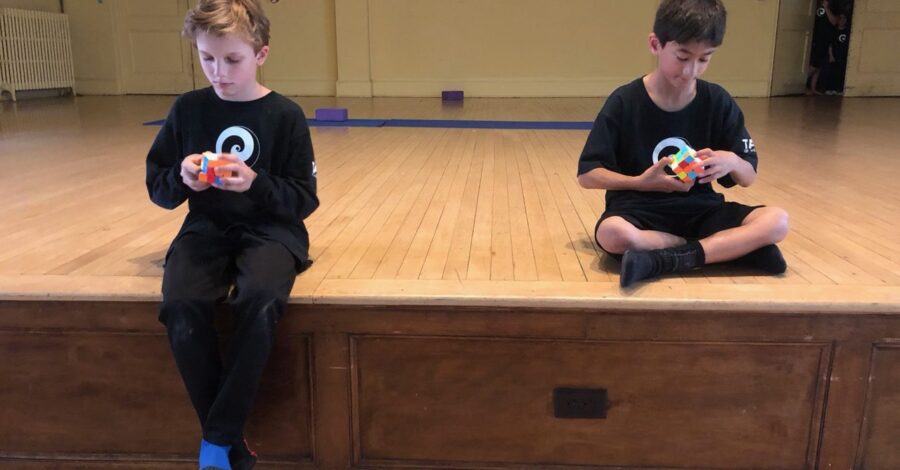
What Do You Feed Your Children?
We know the importance of feeding our children good food so that they grow to be strong and healthy adults. But what else do we feed them?
Before they are ready for preschool, we teach our children to share and say “please” and “Thank you.”. We send them to school and cross our fingers that they are surrounded by teachers and children that are kind and loving. We drive them to sports teams and after-school activities, not always knowing what they will encounter.
Although some of us would like to, we can’t always protect our children like fierce mama (or papa) cubs. But we can give them the best head-start possible. We do this with our example: By teaching our kids that spending time together is important and that kindness matters above all. And we show them that they are smart, loving, beautiful human beings capable of adding their beauty to this gray world to make it colorful and bright. Our words become their inner voice. What do you want your children to hear? What do you want them to repeat to themselves? How do you want them to react in times of peer pressure?
We feed our children the best foods. We know the importance of good nutrition. But equally as important is what we feed their minds and souls.
Thomas Edison was one of the most impressive human beings to ever grace our planet. The “Wizard of Menlo Park” as he was known, was responsible for countless inventions, and even some failed ones, that later gave way to things our modern society could not live without. Of his 1,093 patents, the most well-known were the phonograph, the incandescent light bulb, and motion pictures.
So why the mini-bio on Thomas Edison? Because his is a story that could have had a very different ending.
When he was a child, Edison came home from school with a note from his teacher. His mother’s eyes filled with tears as she read the note aloud: “Your son is a genius. We do not have good enough teachers for him. Please teach him yourself.”
Many years after his mother died, Edison found the note folded in the corner of a desk drawer. He unfolded it and read: “Your son is addled (mentally ill) and is not allowed to return to school.”
Edison later wrote in his diary, “Thomas Alva Edison was an addled child that, by a hero mother, became the genius of the century.”
What might have happened if Edison’s mother had reacted differently? What if she had believed what the teacher wrote, and shared that with her son? Instead, she put her fears and concerns aside and fed her child love. Feeding our children goodness brings out the very best in them.









